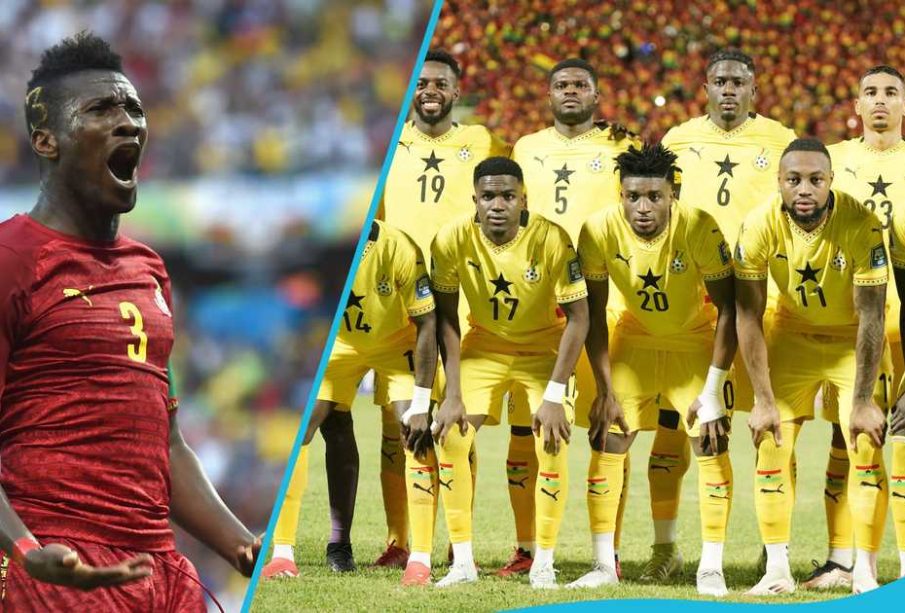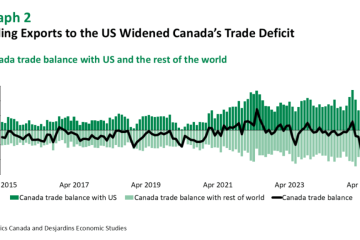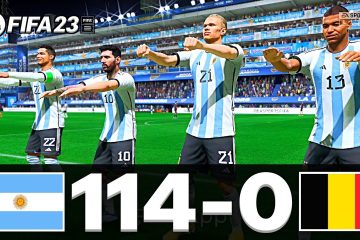Comparing Madagascar and Ghana: Culture, Economy, and Geography

Introduction
The comparison between Madagascar and Ghana highlights the contrasting landscapes, cultures, and economies of these two African nations. Madagascar, an island nation located off the southeastern coast of Africa, is renowned for its unique biodiversity and environmental challenges. In contrast, Ghana, located on the west coast of Africa, is celebrated for its rich cultural heritage and stable democracy. Understanding these differences is essential for appreciating the diverse fabric of the African continent.
Geography and Demographics
Madagascar is the fourth largest island in the world, home to nearly 30 million people. Its geography is diverse, featuring rainforests, deserts, and mountain ranges, contributing to its vast array of flora and fauna, over 90% of which is not found anywhere else on the planet. Conversely, Ghana has a population of approximately 32 million people and is characterized by its coastal savannahs and forest regions. The nation enjoys a predominately humid tropical climate, with significant rainfall during the wet season.
Cultural Attributes
In terms of culture, Madagascar boasts a rich tapestry influenced by both African and Asian traditions. Its unique customs, music, and festivals, such as the famous ‘Famadihana’ (the turning of the bones), showcase its deep historical roots. In contrast, Ghana is known for its vibrant cultures, particularly among its various ethnic groups such as the Akan, Mole-Dagbani, and Ewe. The country celebrates numerous festivals like Homowo and Panafest, which reflect its deep appreciation for heritage and community.
Economic Landscape
Economically, Ghana is one of the fastest-growing economies in Africa, primarily due to its gold exports, cocoa production, and burgeoning oil sector. The World Bank recently reported a GDP growth rate of 5.4% in 2022, demonstrating resilience despite global economic challenges. Madagascar, on the other hand, faces more significant economic hurdles, with a GDP growth rate of 4.4% as of 2022. Its economy relies heavily on agriculture and tourism, but deforestation and political instability have hampered its progress.
Conclusion
In conclusion, comparing Madagascar and Ghana reveals the diverse realities within Africa. While Madagascar struggles with environmental and economic challenges, it remains a key player in biodiversity. Ghana, showcasing economic growth and rich cultural heritage, stands out as a beacon of stability in the region. Both nations highlight the importance of understanding the continent’s diversity, fostering greater appreciation for the unique histories and challenges faced by each country.








